Meet Luca Conte | Artist and Gastronome
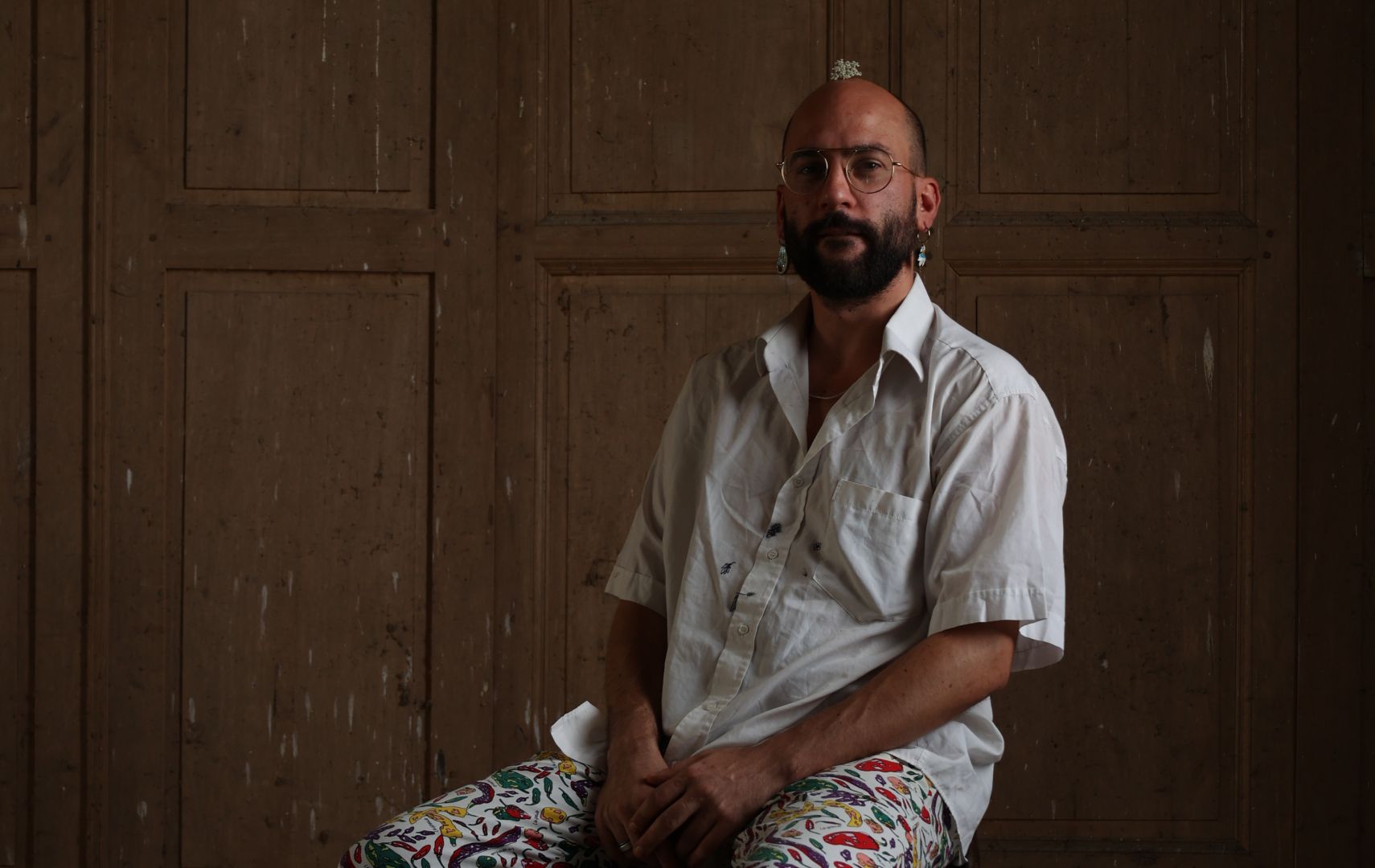
We had the good fortune of connecting with Luca Conte and we’ve shared our conversation below.
Hi Luca, what was your thought process behind starting your own business?
Well, I have been self-employed in The Netherlands before, but I sadly had to close the company when I moved back to Italy. After a couple of years working under contract, I realized this is not a country where you can easily work for an employer while dedicating to your artistic practice professionally. So I felt I needed to make a choice, or at least take a stance on where I wanted to direct myself in the future. I had a few project requests upcoming so I decided to take the chance of opening a freelance company that could allow me to delve into my artistic practice simplifying the legal legitimacy of what I do.
It is a hazard though, Italy it’s not the most convenient place for such enterprises, and most people are terrified by our bureaucracy and taxation system. But by the end of it whatever you do, I think there’s no escape to shenanigans such as taxes and co.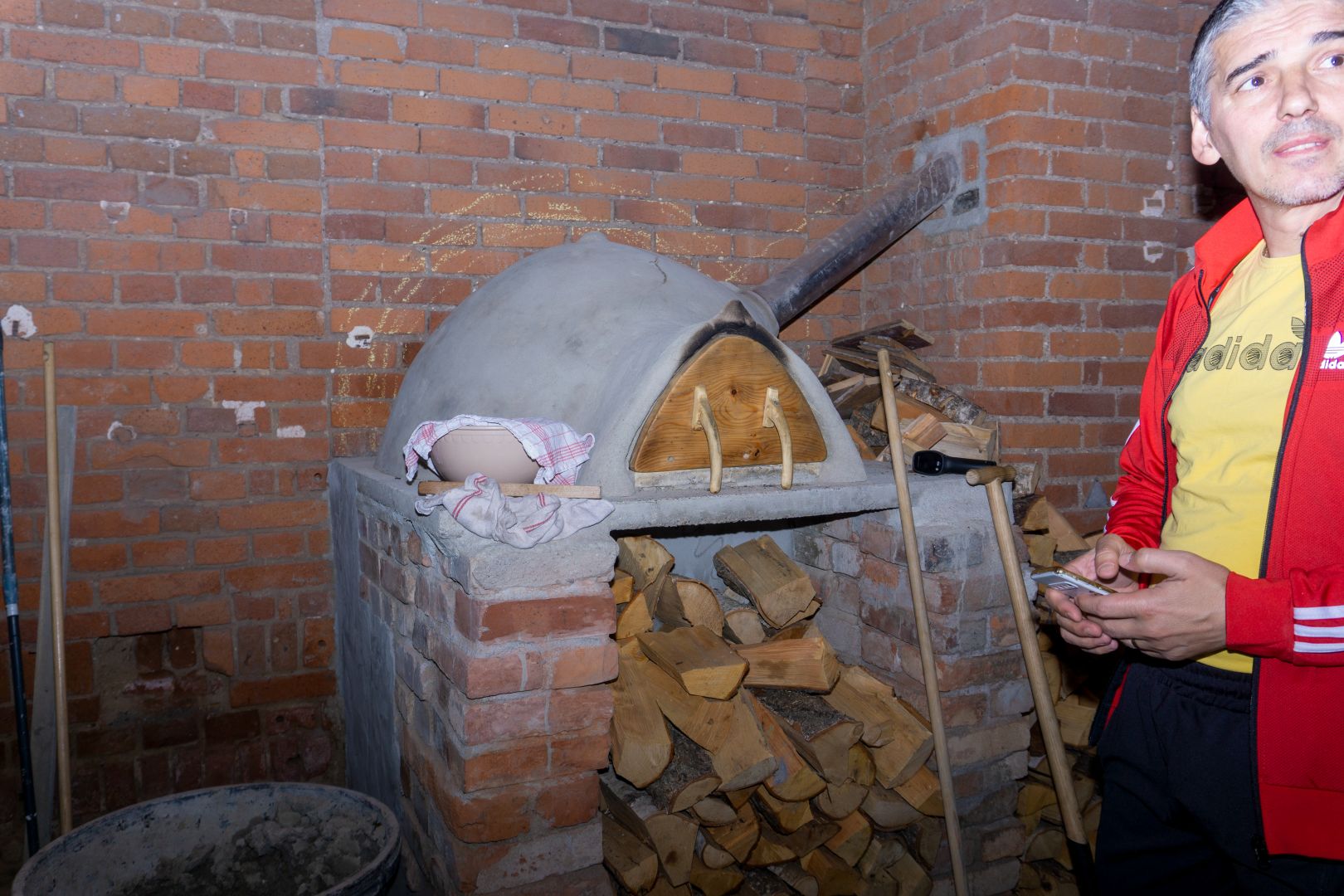
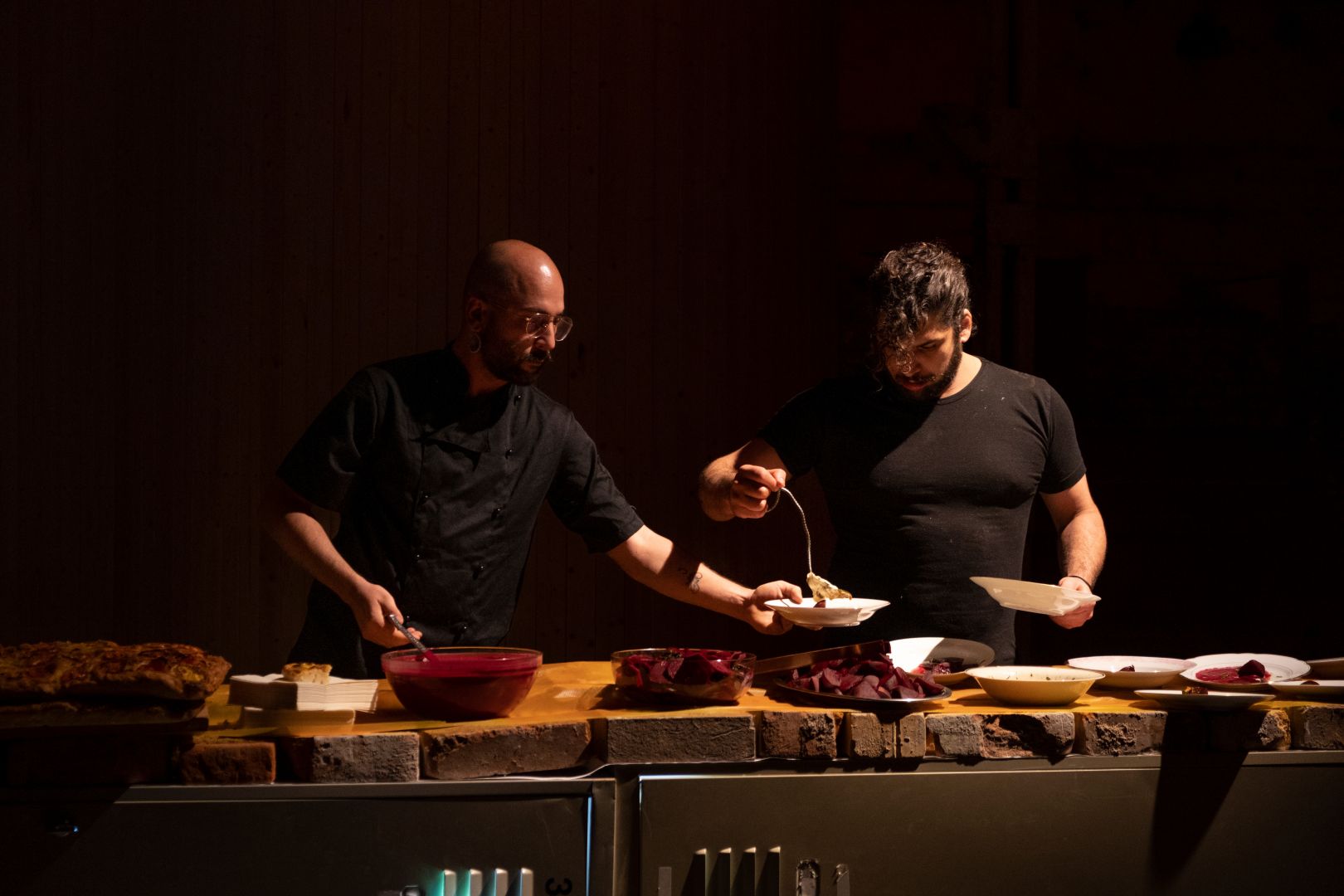
Let’s talk shop? Tell us more about your career, what can you share with our community?
Well, I began my studies in Fine Arts following a rather traditional path. I enrolled in the Art Academy of Carrara, in Italy, in the painting department, learned classical techniques, and romanticized my paintings, drawings, and so on. Around my second year, something struck me, it was 2013/2014 and concerns regarding global warming and ecological thinking got my attention deeply. I couldn’t stop looking at art and culture trying to get their thoughts around the issue while using similar mediums to the ones they were trying to fight or criticize. I honestly couldn’t let this paradox pass.
The means define the end. That is what I started to repeat myself, so to create methods that would defend ecological thinking while practicing it, talking about it was not enough.
So I started to recycle my drawings, making new paper, sculptures, and paintings out of them. By combining them with found materials (one man’s trash is another man’s treasure) and making and recreating I could experiment guilt-free, I thought.
But intersecting thought came to the surface, and I started to think that the very concept of art production as object production was an agent of this consumerist and objectifying times.
I stopped producing, making, and collecting, for a while. Visual arts were limited to visual esthetics and ethics, too narrow in my opinion.
After a time of experimentation, I tried to implement food in my practice (2016). Apart from performative arts, I thought food was the only other ecological practice really possible, both practically and poetically, coinciding with a concept I discovered through the texts of Julia Kristeva: poiesis.
A generative and uncanny force, that doesn’t follow interpretative rules but rather forms new perspectives by undermining prefixed ideas or ways of perceiving the world.
Nowadays it is quite common to see food used as a creative medium, but honestly, I often see the same paradigm of consumerism being repeated. Balancing the odds maybe it’s better than seeing tons of plastic sculptures, but I would hope for a deeper approach.
My practice now consists of research on spatial-ecological dynamics in social interactions, specifically using storytelling and autoethnographic research as a way to include my true experiences and sensations in my work.
It is an ever-evolving practice though, now balancing between keeping my presentations as event-based performances while re-discovering the pleasures of creating objects and vessels I can use in different situations (in or out of the art context).
It is hard to find the right solutions in such ethical journeys, and I am still on it, luckily discovering and ideating daily new ways of implementing all these ideals and issues in a practice that still has to sustain me financially.
In this regard, I think the main struggle is to manage clarity with any kind of public, compromising, yes, but holding dear the lessons learned on the way.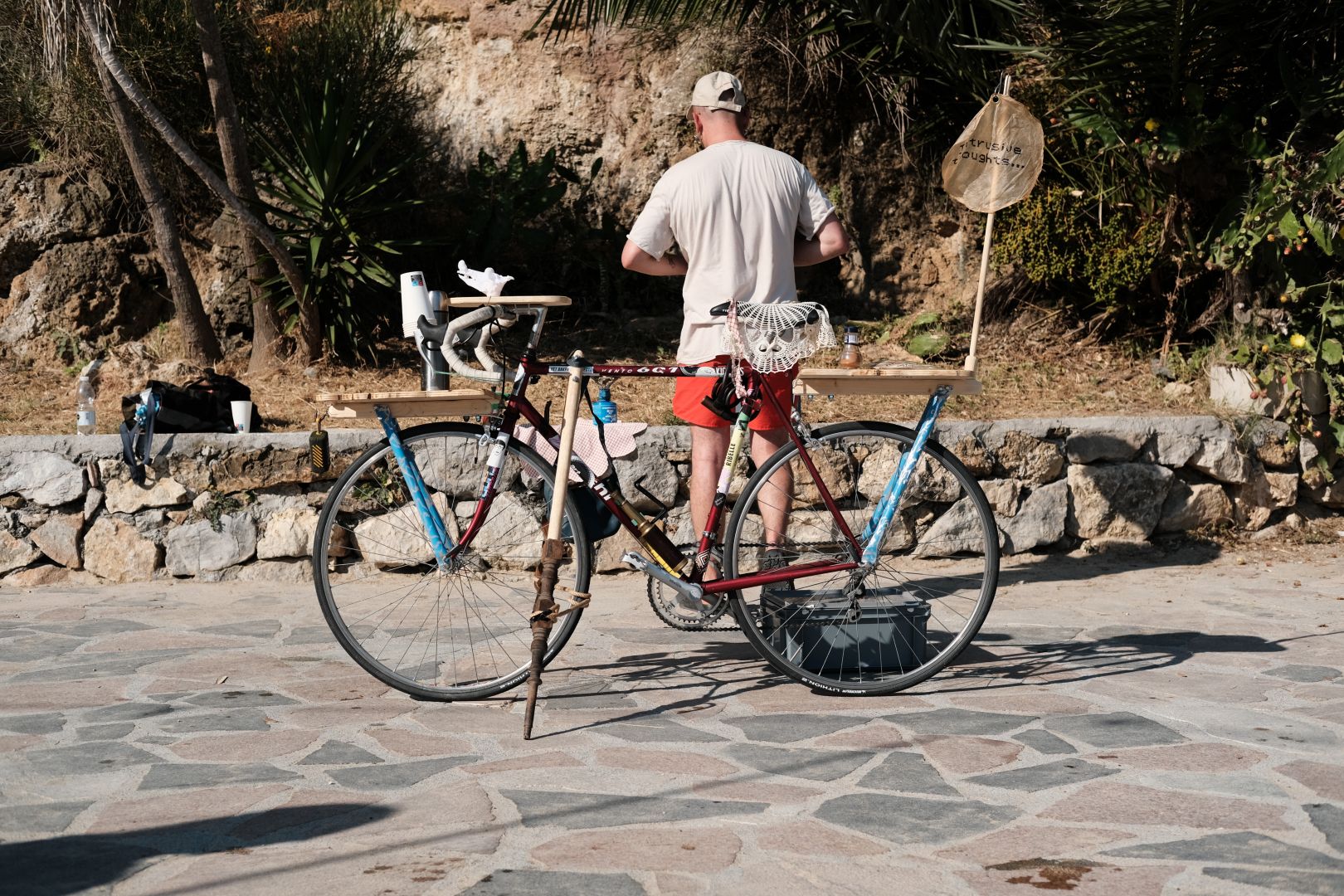
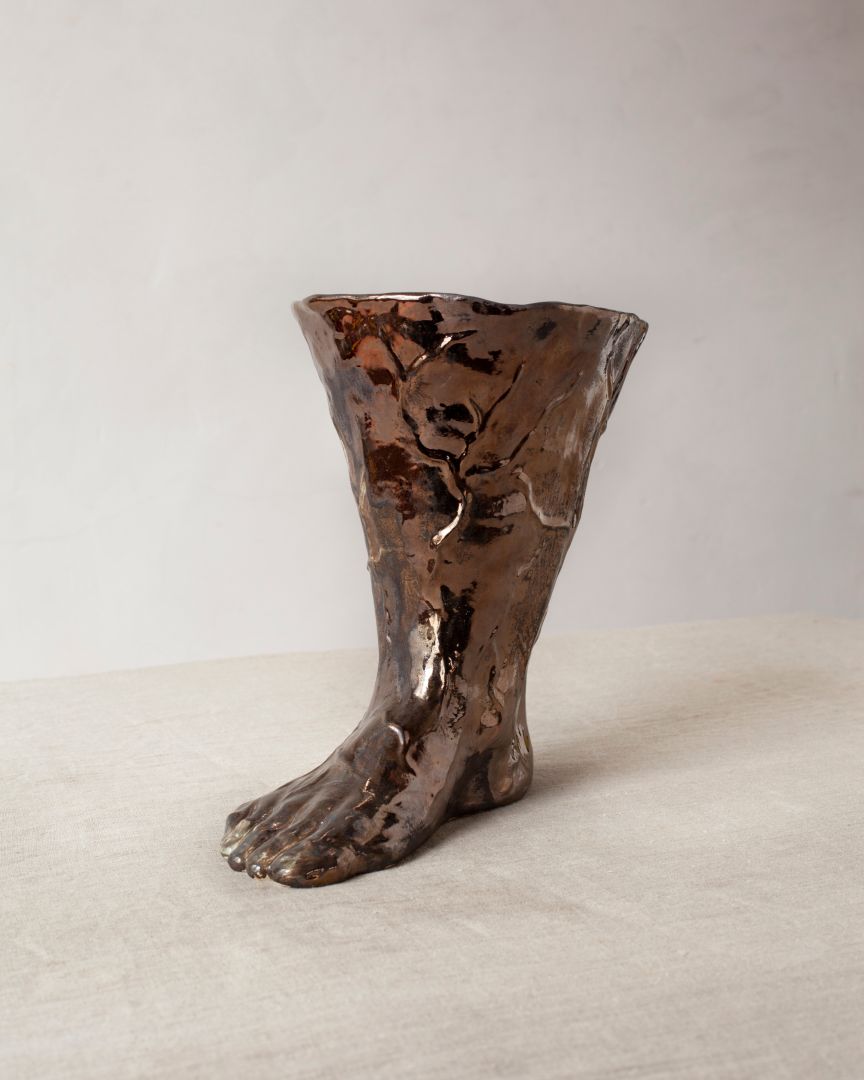
Let’s say your best friend was visiting the area and you wanted to show them the best time ever. Where would you take them? Give us a little itinerary – say it was a week long trip, where would you eat, drink, visit, hang out, etc.
One of my favorite places in Genova is the Righi Natural Park, to get there you need to take a cable railway that brings you 300 meters up, giving you a wonderful view over the city. After exploring the beauty of that area you can easily walk back to the city center by taking stairways that cut through the fabric of the city.
Overall I think the historical city center is a mesmerizing area, especially for people that come from a city with large roads and big buildings.
There are several places where you can drink and eat in different fashions, and even though I am a gastronome I don’t feel like giving advertisements here, but rather I prefer to give a warning: if you seek authenticity don’t go to places that present themselves as authentic and traditional. I know it may sound counterintuitive but traditional places in Genova don’t brag about what they do, they just focus on their work, for the locals and eventually for the tourists.
Finally, if you like the sea and you want to have a walk, take a train to the east stop in Nervi or Bogliasco or Pieve Ligure (just a few stops), have a walk, get an ice cream, and enjoy.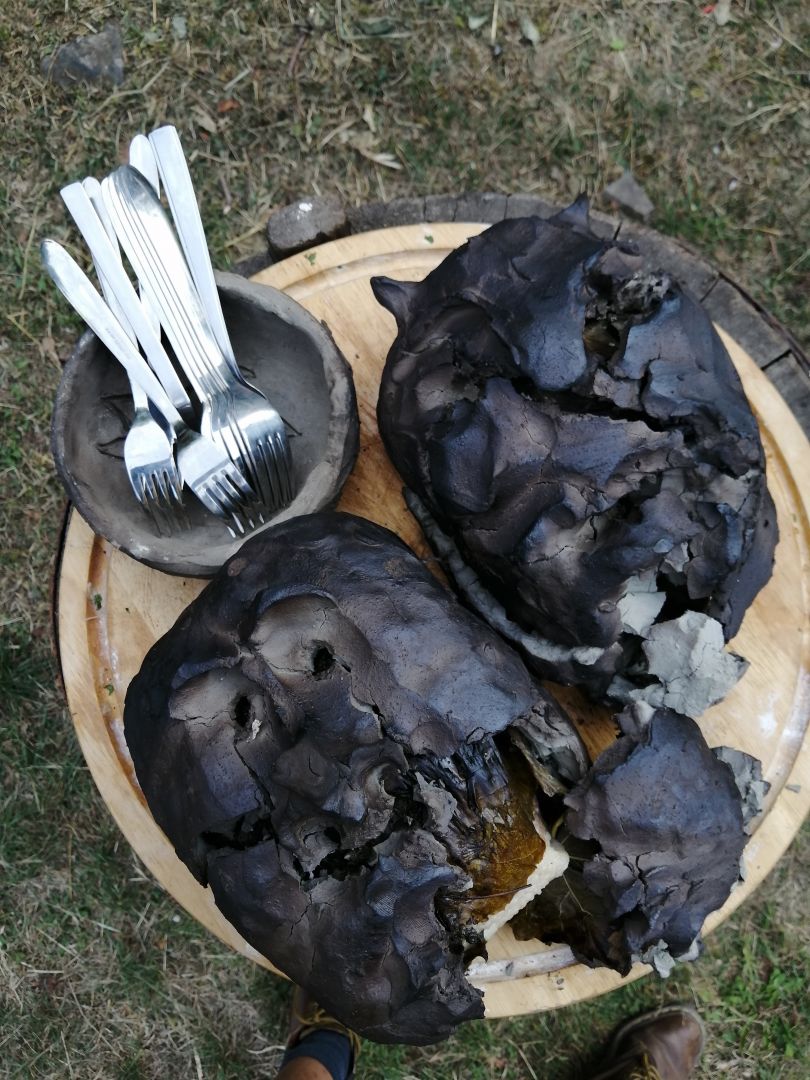
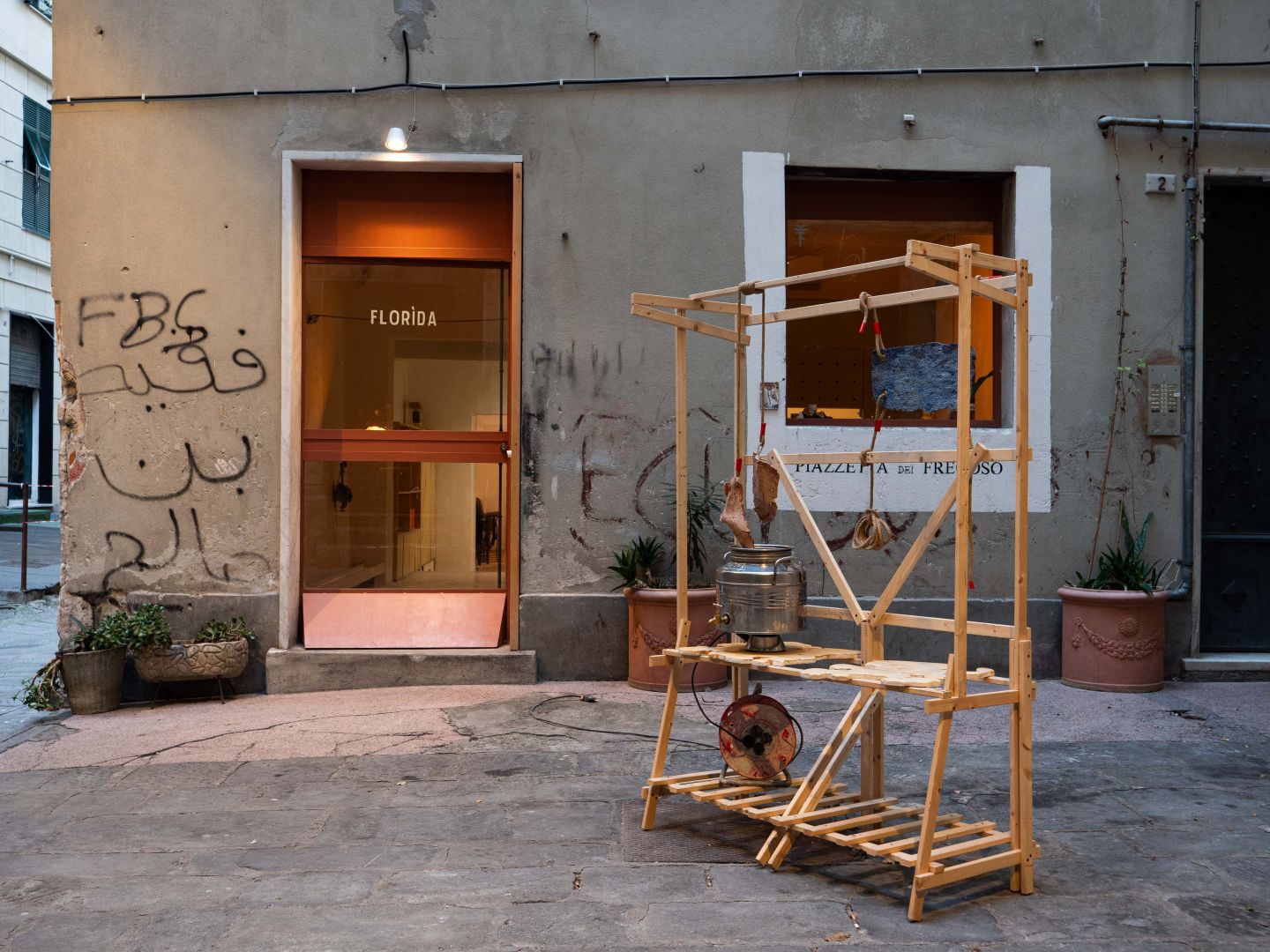
The Shoutout series is all about recognizing that our success and where we are in life is at least somewhat thanks to the efforts, support, mentorship, love and encouragement of others. So is there someone that you want to dedicate your shoutout to?
There are so many people I would like to thank, so instead of naming them directly, I will just mention the groups of people who supported me.
I don’t think everyone can say to have a patient and supportive family, so first of all I owe them a big chunk of my achievements.
Secondly, the community I hold dear in The Netherlands inspired my explorations and still nurtures my creativity.
Right now I wouldn’t be anywhere without the community of Palazzo Bronzo in Genova, with which I share daily struggles and thanks to that I know I will always have some emotional or practical support somehow.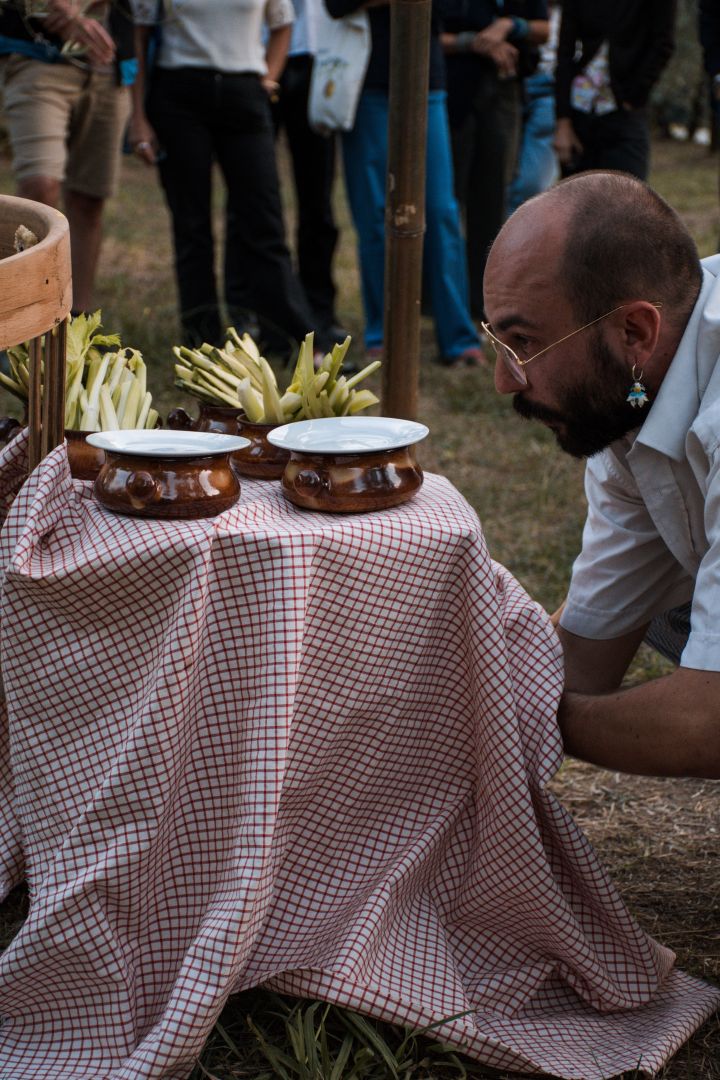
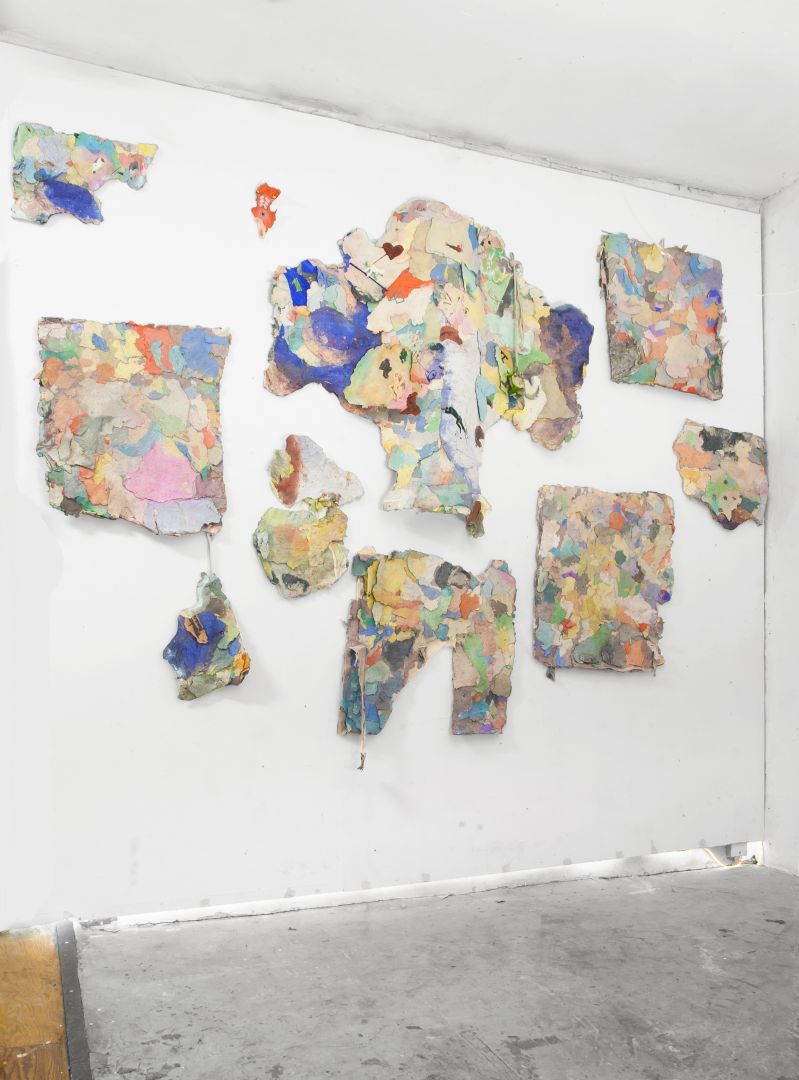
Website: https://gerolamore.hotglue.me/
Instagram: https://www.instagram.com/gerolamore/?hl=en
Linkedin: https://www.linkedin.com/in/luca-conte-b534b5215/
Other: email – lucagerryconte@gmail.com
Image Credits
Profile Photo – Samael Covarrubias Ph. 1 – Tommy Smits Ph. 2 – Eline Benjaminsen Ph. 3 – Virginia Lupo Ph. 4 – Pietro Lugaro Ph. 5 – Yao Chen Wu Ph. 6 – Melanie Angeloni Ph. 7 – Axel Babini Ph. 8 – Federico Ghillino
